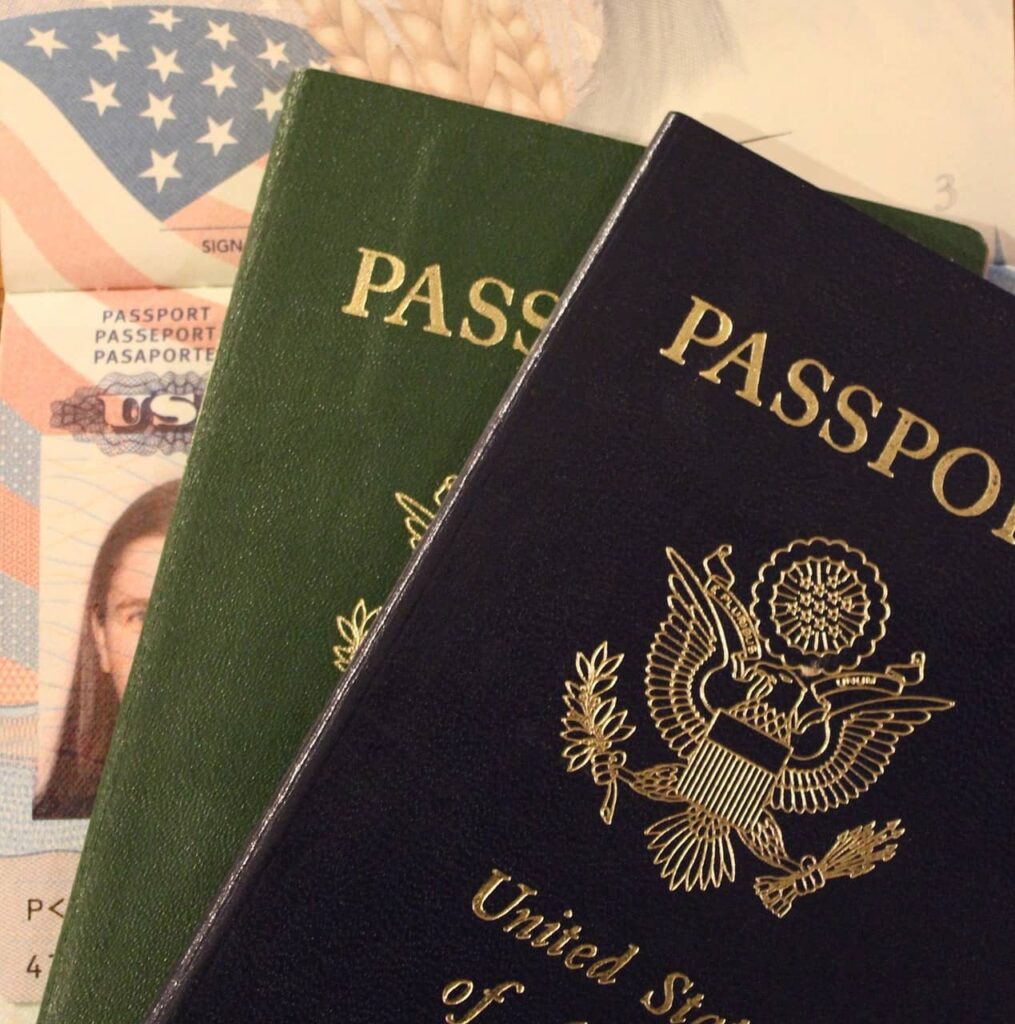Court Ruling on Waived Entry and Cancellation of Removal
On May 21, 2015, the U.S. Court of Appeals for the Fifth Circuit ruled that a foreign person waived through at the border, without document inspection, qualifies as “admitted in any status” for cancellation of removal. This decision significantly impacts immigration law.
Ramiro Tula-Rubio’s Case: A Timeline
In 1992, 4-year-old Ramiro Tula-Rubio rode in a car driven by a U.S. citizen. As they approached the U.S.-Mexican border, an immigration officer waived the vehicle through without checking documents. Then, in 2002, Tula-Rubio became a lawful permanent resident (LPR). However, in 2006, authorities convicted him of marijuana possession and evading arrest. Later, in 2013, he returned from a short trip to Mexico and faced immigration court. At this point, officials charged him with inadmissibility due to his criminal record, complicating his status.
Initial Court Denial: Cancellation of Removal
In immigration court, Tula-Rubio sought cancellation of removal to keep his green card despite his convictions. Nevertheless, the court denied his application. To qualify for cancellation, a permanent resident must live in the U.S. for at least seven years after being “admitted in any status.” Consequently, the immigration judge ruled that “status” refers to legal standing. He denied qualification to those without a legal right to remain. As a result, the court ordered Tula-Rubio’s removal. The Board of Immigration Appeals upheld this decision.
Appeals Court Reversal: The Importance of “Waived” Entry
The U.S. Court of Appeals for the Fifth Circuit reversed the ruling. The court stated that a person’s legal state at entry does not affect the cancellation of removal process. Specifically, whether Tula-Rubio’s entry was lawful or unlawful did not matter. Moreover, it did not matter whether he had documents. Ultimately, the fact that a border agent waived him into the U.S. met the requirement of being “admitted in any status.” Thus, this ruling benefits green card holders with criminal convictions. It allows those waived into the country without documentation to qualify for cancellation of removal.
Implications of the Ruling
This case provides crucial protection for lawful permanent residents with criminal convictions. In summary, it confirms that anyone waived into the U.S., regardless of receiving official entry documents, can still pursue cancellation of removal. Overall, the ruling establishes an important precedent for individuals facing similar challenges in immigration court.
Post provided by: Attorney Charles Conroy





